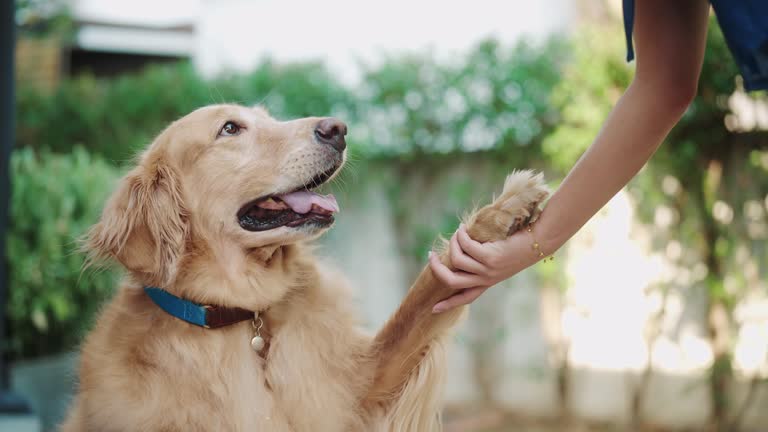
Dog Barking at Own Reflection: A Health-conscious Pet Owner's Guide
Share
If youve ever caught your furry friend dog barking at their own reflection, you may have experienced a mix of amusement and concern. This quirky behavior can leave more health-conscious pet owners wondering how such antics affect their beloved pet's mental and emotional well-being.

Understanding the Barking
Barking is a natural behavior in dogs, a form of communication that helps them express needs or signal changes in their environment. But why exactly does a dog start barking when it sees its reflection?
Primarily, dogs bark at reflections because they perceive them as another animal. For some dogs, this is an intriguing sight! While some may simply be confused, others feel territorial, interpreting the reflection as an intruder in their space.
Can Reflection Barking Affect Your Dog's Health?
As pet owners committed to the well-being of their animals, its essential to assess whether this behavior impacts your pup's health. Generally speaking, a few barks at their reflection might be harmless, but it could escalate into stress-induced habits if not addressed.
Regular, intense barking might lead to increased anxiety levels, which can simulate a persistently stressed or agitated state. Such stress not only affects their behavior but can also lead to physiological health issues over time, similar to people suffering from chronic stress.
Steps to Reduce Reflection Barking
To help reduce the instance of dog barking at reflections, beginning with behavioral training is essential. Consider the following steps:
Desensitization: Gradual exposure to reflections in a controlled and comforting setting can often alleviate fears. Over time, your dog will become less reactive.
Positive Reinforcement: Praise and rewards for calm behavior can help teach your dog to react differently when they encounter their reflection. Be sure to reward quiet behavior with treats or affection.
For more insights on effective training practices, you may find the training tips found on Small Door Vet's training guide invaluable.
Adopting a Holistic Approach
In some cases, reflection barking may be an indicator of underlying issues such as insufficient exercise or mental stimulation. Ensuring regular physical exercise and mental challenges can help mitigate reflection barking episodes:
Physical Exercise: Regular walks and playtime are key to maintaining a pet's physical health. Dogs with high energy levels, like Border Collies, require additional outlets to expend their energy.
Mental Stimulation: Introducing puzzle toys or teaching new tricks stimulates cognitive functions and helps distract from triggers like reflections. Check out these vacuum barking solutions for more tips.
Common Misunderstandings
Its important to clarify that reflection barking isnt a sign of aggression, nor does it indicate a behavioral defect. Instead, its a matter of visual perception and learned behavior and it often results simply from curiosity.
Read more about why some dogs bark at animals on TV.
When to Seek Professional Help
If you notice your dogs barking at reflections is accompanied by other erratic behaviors, it may be time to consult with a professional dog trainer or veterinarian. An evaluation can help determine if there is more than mere barking involved and develop a tailored plan to address these behaviors.

FAQs About Dog Behavior
-
Why do dogs bark at their reflections more than once?
Dogs may not comprehend that it is their own reflection, especially if they lack extensive mirror exposure. Repeated barking could be a quest to figure out the 'other dog.' -
How can I tell if the barking is due to stress?
Signs of stress include excessive pacing, panting without physical exertion, or seemingly unprovoked snarling. If these accompany reflection barking, consult a vet. -
Could barking at reflections indicate a more serious condition?
In rare cases, repetitive behaviors can indicate cognitive dysfunction. If your dog exhibits significant changes in behavior or health, consult a professional.
This article contains affiliate links. We may earn a commission at no extra cost to you.
